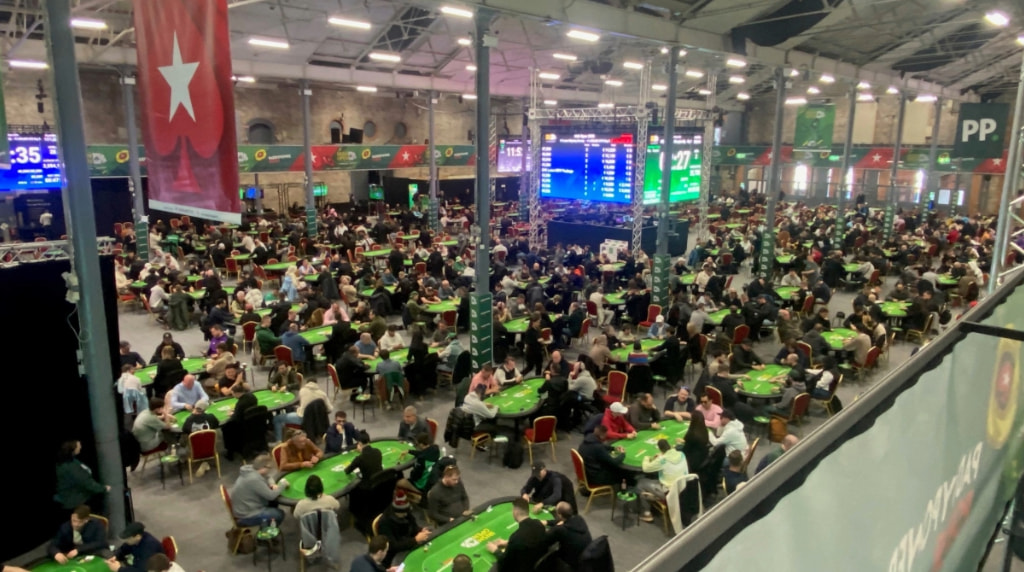Gamstop Sees Surge in Self-Exclusion Among Under-25s
Under-25s accounted for nearly one in four of the people who registered with Gamstop during 2024, and that figure is surging.

Over 500,000 people have registered with Gamstop. © Ohmydearlife, Pixabay
Key Facts:
- Significant increase in the number of young people registering with Gamstop.
- Record numbers of people registered with Gamstop during the first days of 2025.
- A five-year exclusion option is proving very popular.
- Postcode registration breakdown confirms research and the correlation between the poor and poor gamblers.
Gamstop, the national self-exclusion scheme for online gambling, has announced a surge in registrations among 16-24-year-olds. The age demographic showed a 31% year-on-year increase during the second half of 2024.
Overall, under-25s accounted for nearly one in four of the people who registered with Gamstop during 2024. It is a significant trend in a year that featured major global sporting events such as the Euros and the Olympics.
With a 14% year-on-year increase, the second half of 2024 saw record numbers of people seeking help from the not-for-profit organisation. The period also bucked the usual trend of higher registration numbers during the year’s first half.
Longer Exclusions and Record Registrations
In the final six months of 2024, nearly half of Gamstop registrants, 48%, signed up for a five-year exclusion. It is the longest timeframe available, albeit consumers can also choose to self-exclude for shorter periods of six months or one year.
Currently, at the end of a consumer’s self-exclusion period, the barring remains active for up to an additional seven years unless individuals contact Gamstop to ask for it to be removed.
Gamstop recently introduced a 5 years with auto-renewal option for vulnerable consumers looking to extend their exclusion from gambling websites and apps.
532,484 people registered with Gamstop between its April 2018 launch and December 31st, 2024. The figure equates to over 1% of the UK’s adult population. 2025 has continued to see new sign-ups flood in.
Gamstop reported a record 415 people registered with it on January 1st – the biggest daily figures since the organisation’s inception. 413 new registrations followed on January 2nd and 396 on January 6th.
Gamstop Declare Its Top-5 by Postcode
Gamstop has also analysed and released detailed data on the regional breakdown of its registrations. The postcode area with the highest proportion of Gamstop registrants is Hull (HU), with a figure that equate to 1.5% of the local population.
Teesside (TS) and Sunderland (SR) are other hotspots, with a ratio of 1.4% of their populations registering with Gamstop. Doncaster (DN) and Blackpool (FY) are also in the top five for self-exclusions.
According to the Index of Multiple Deprivation (IMD) – the official measure of relative deprivation for small areas in England – Hull is known for being among the most deprived areas in the UK.
A 2022 report by Lancashire County Council declared, “Blackpool is the most deprived district in the IMD against all local authorities in England.”
The Poor Mapped Out With Players
Studies have consistently shown that gambling venues such as bookmakers, bingo halls, and adult gaming centres are disproportionately located in the most deprived areas of the UK. Research indicates that 21% of Britain’s gambling outlets are in the poorest tenth of the country. Only 2% are in its most affluent zones.
The correlation extends to online gambling, where there’s evidence that online gaming losses are significantly higher among those living in the poorest areas.
Research conducted by the National Centre for Social Research and the University of Liverpool has found that 20% of the UK’s poorest regions supply 25% of industry revenue.




